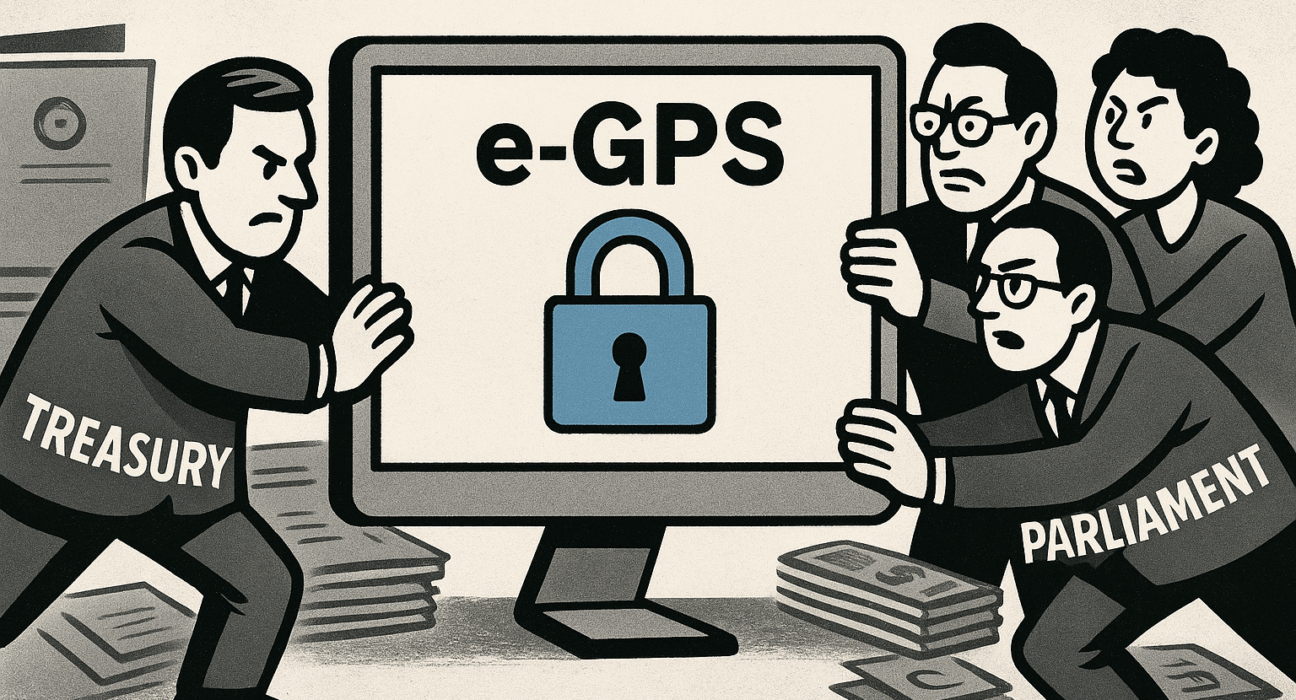July 23, 2025, opened a fresh standoff in Kenya’s procurement sector. On that day, the Treasury issued a circular directing all public agencies to use the electronic government procurement system (e-GPS). In addition, it ordered that only contracts reported to the Public Procurement Regulatory Authority (PPRA) would qualify for payment.
However, Parliament rejected the directive. On Tuesday, MPs annulled it, calling it unconstitutional. Moreover, the National Assembly adopted a committee report that faulted the Treasury for bypassing House approval. The committee also ruled that the circular violated Section 77 of the Procurement and Asset Disposal Act.
As a result, the row has slowed the fight against graft. Kenya’s procurement system already faces claims of irregularities and inflated costs. Furthermore, courts and the PPRA often annul tenders, fueling mistrust. Analysts argue that e-GPS could restore transparency by reducing human interference, which frequently enables corruption.
Meanwhile, counties face a different crisis. The Treasury released no funds to devolved units in July, the first month of the financial year. Consequently, counties expect Sh415 billion in equitable share for the year ending June 2026.
Because of weak revenue collection and pending bills, the Treasury delayed disbursements. As a result, the effects are visible on the ground. Services have stalled, suppliers remain unpaid, and staff salaries face delays. In fact, governors warn that the freeze is crippling operations and slowing development.
Therefore, observers urge tighter budget discipline. They want both levels of government to plan spending based on assured revenues. Ultimately, they argue that this approach will ease cash-flow problems and prevent future standoffs over disbursements.



